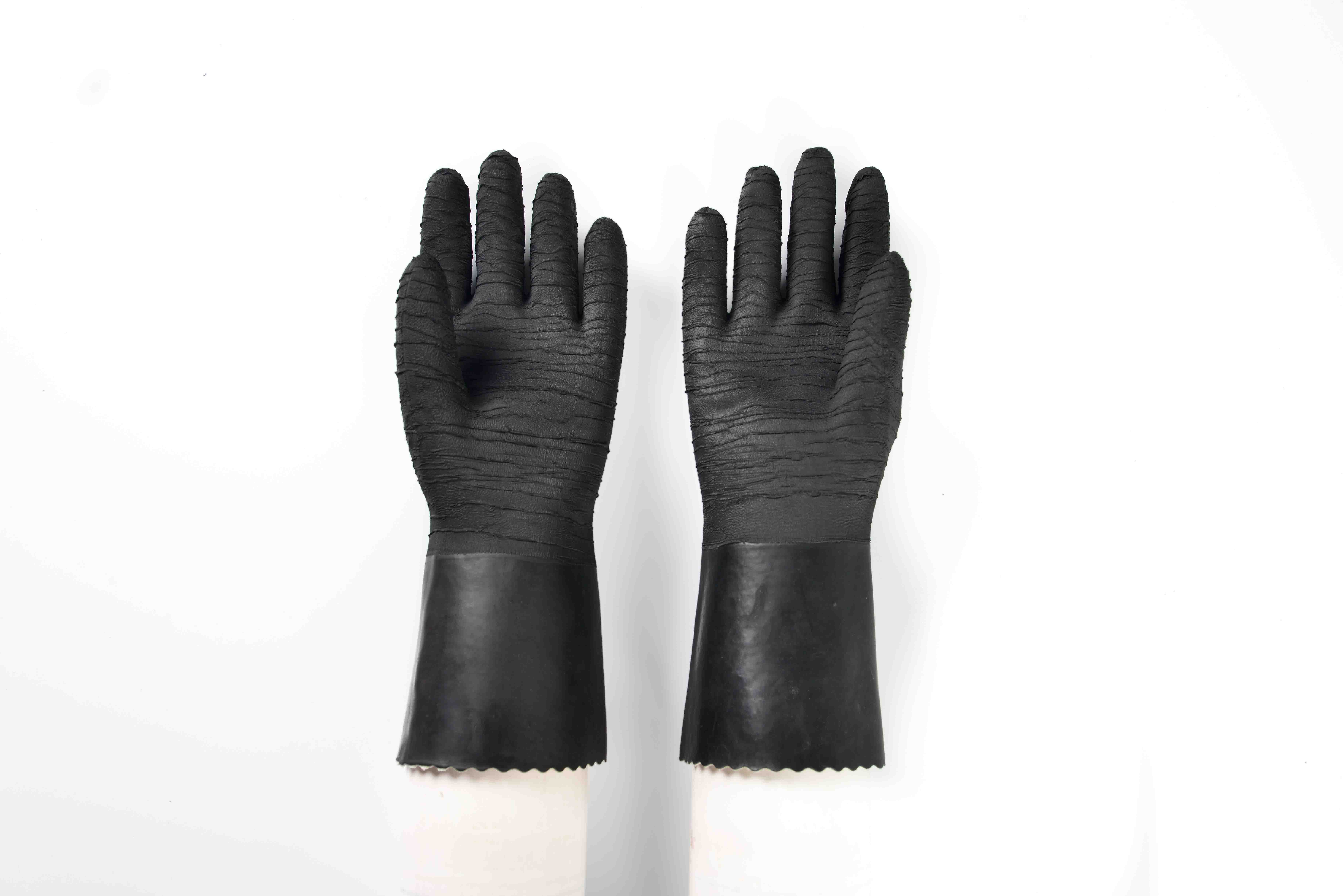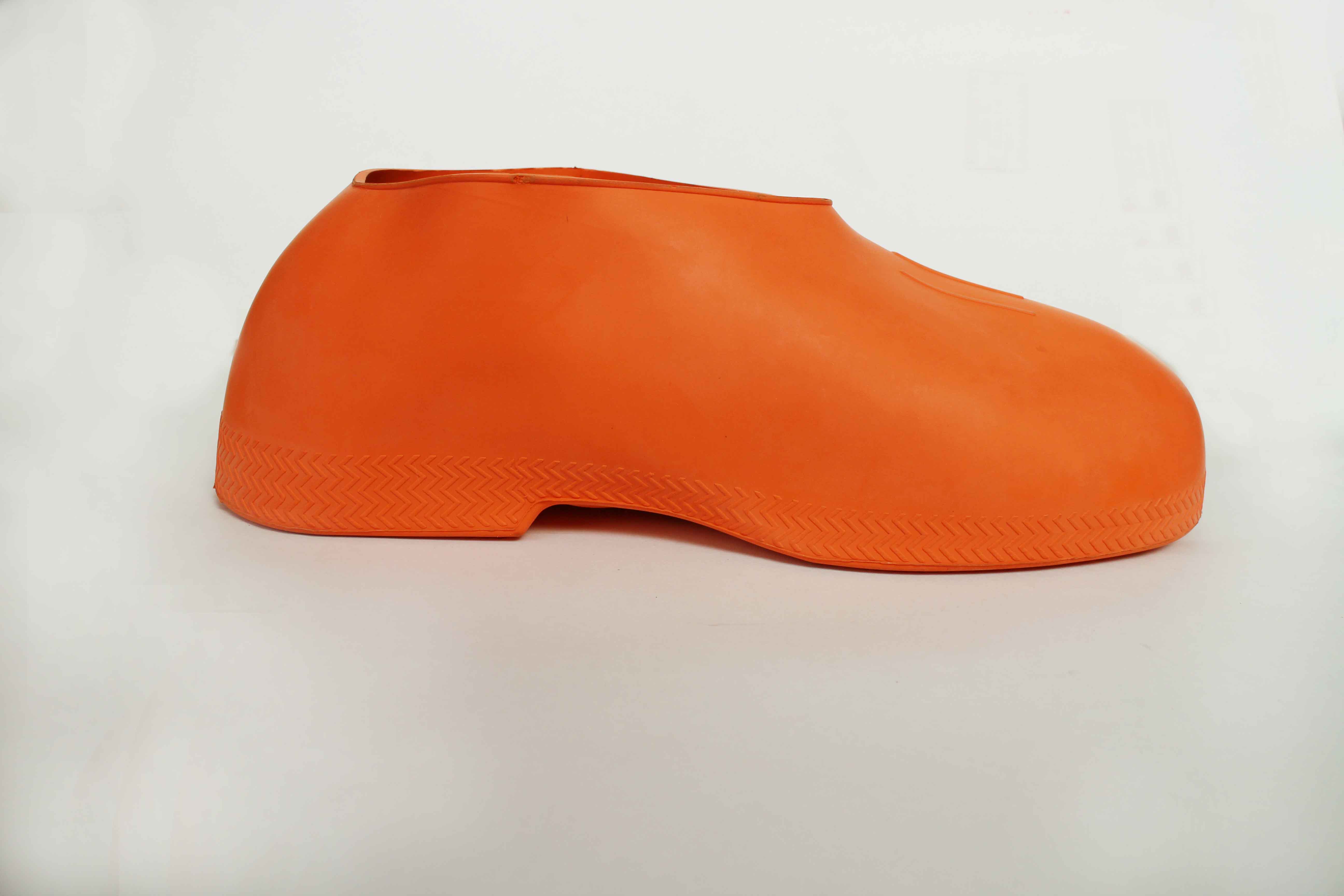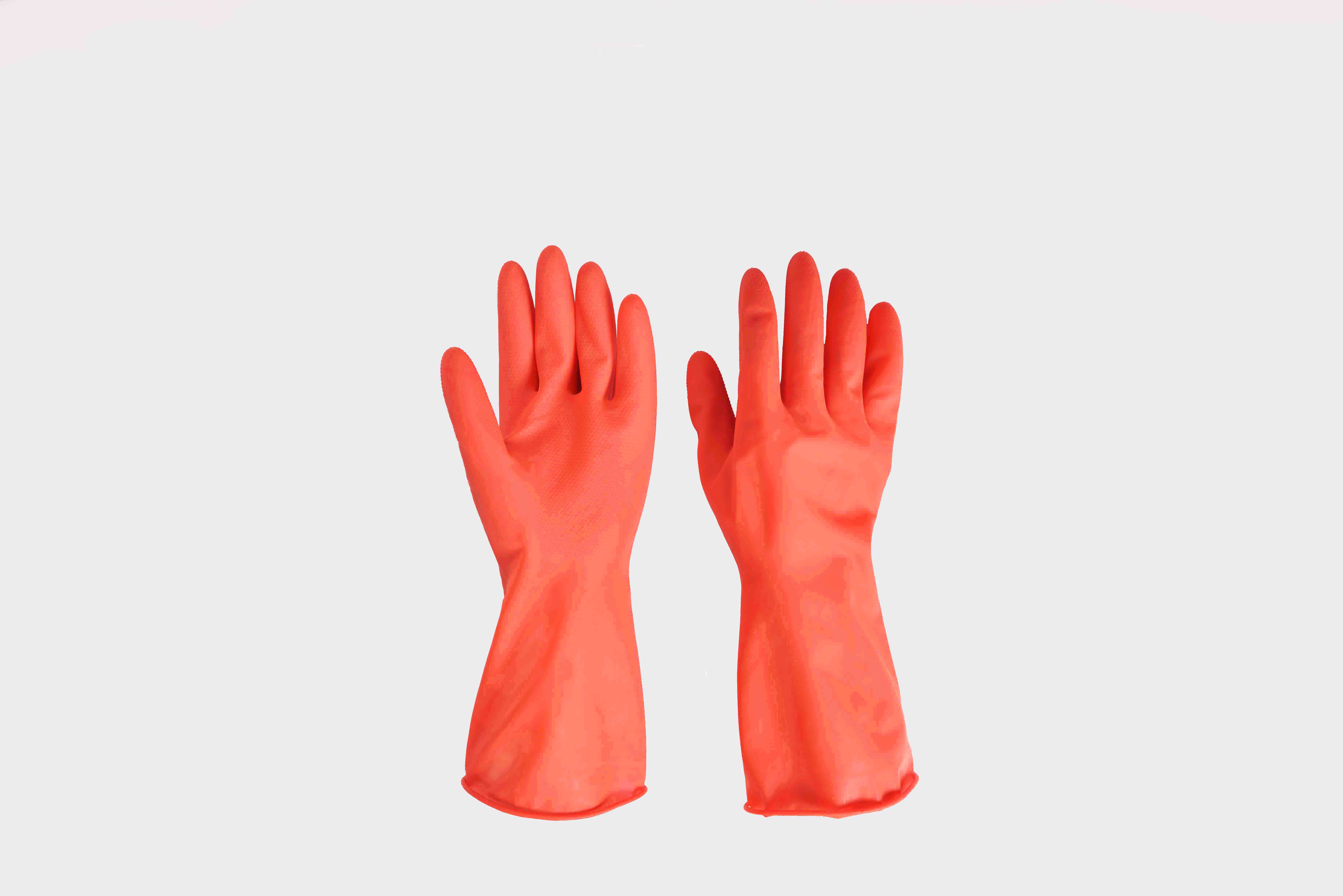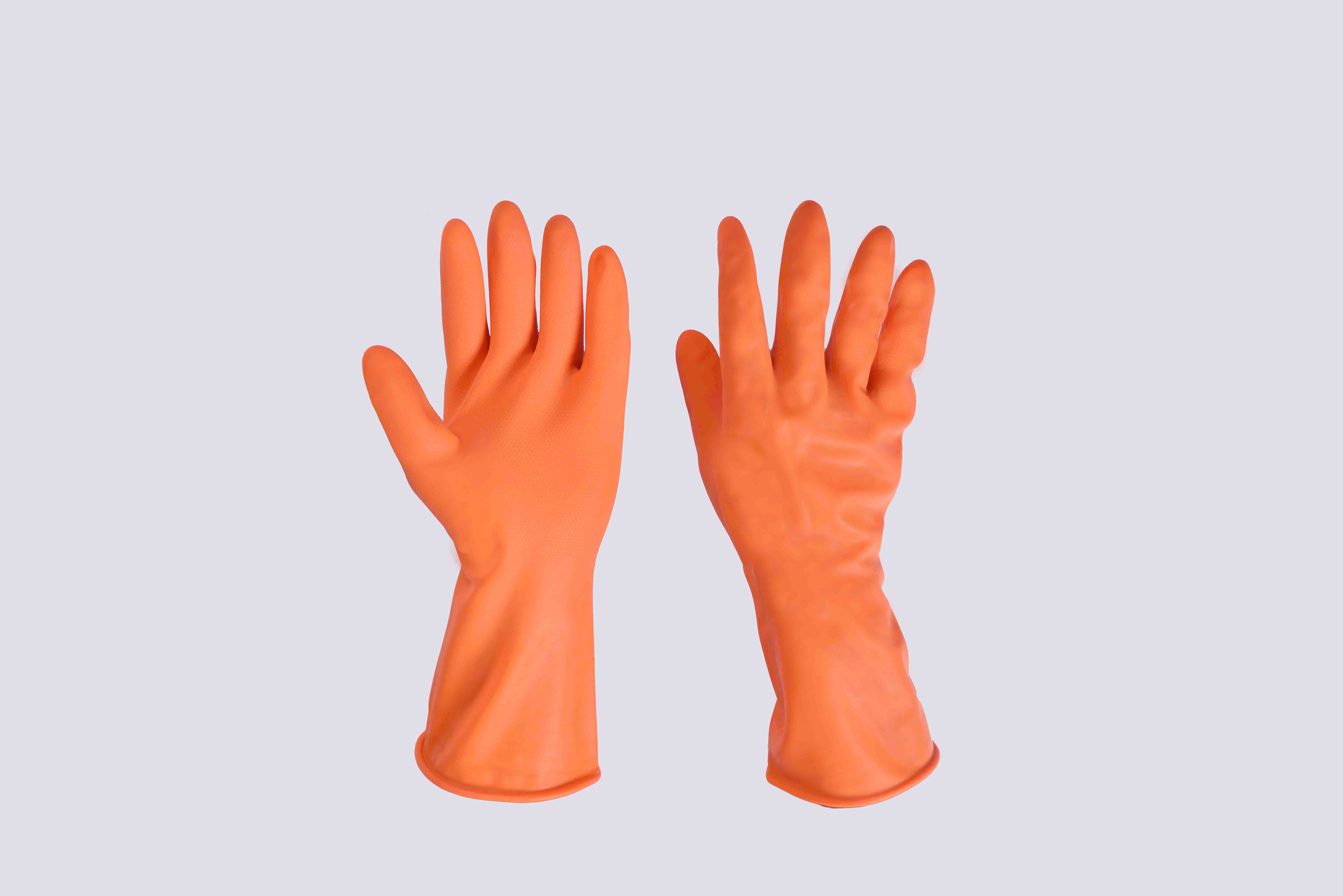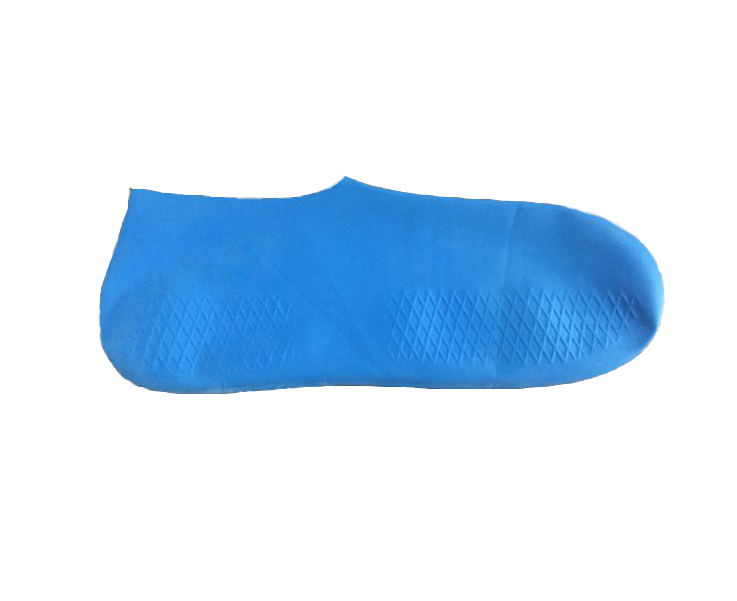Low price for Rubber shoe cover-L for Mecca Manufacturer
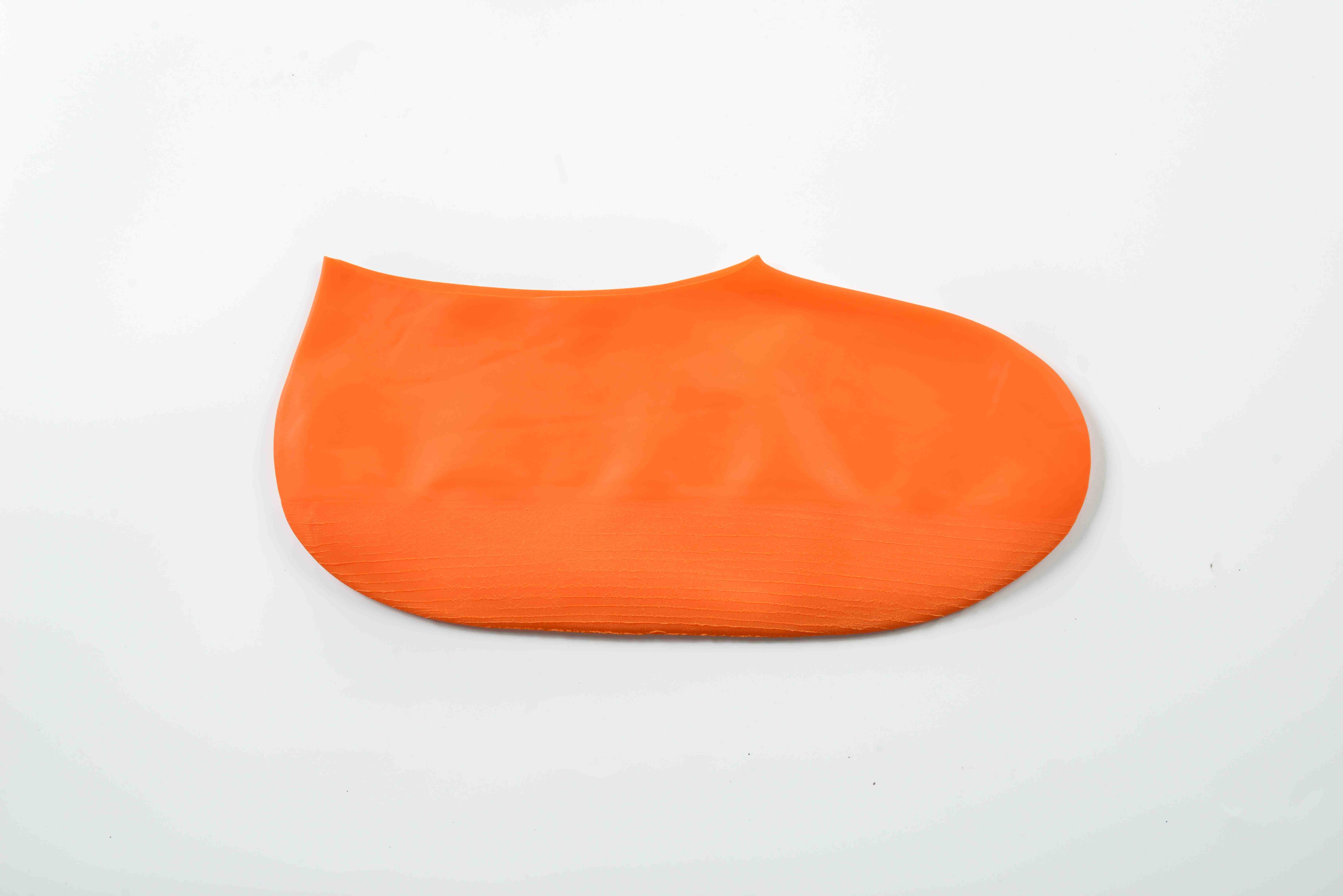
Short Description:
Rubber shoe cover, made of 100% natural rubber. Wrinkling sole for slip resistance, water proof, good elasticity, good resistance against acid and alkali, non-toxic, No stimulating smell. They can be widely used in industry, agriculture, food processing, etc. There are totally 4 sizes. Different colors are available. Package: 100 pairs/case.
Product Detail
FAQ
Product Tags
Our company promises all users of the first-class products and the most satisfying post-sale service. We warmly welcome our regular and new customers to join us for a better future. Low price for Rubber shoe cover-L for Mecca Manufacturer, We fully welcome customers from all over the world to establish stable and mutually beneficial business relationships, to have a bright future together.
Rubber shoe cover, made of 100% natural rubber.
Wrinkling sole for slip resistance, water proof, good elasticity, good resistance against acid and alkali, non-toxic, No stimulating smell.
They can be widely used in industry, agriculture, food processing, etc. There are totally 4 sizes. Different colors are available. Package: 100 pairs/case.
FAQ Content
I designed my self a selfmade sandblasting cupboard. I employed a storage tote, added a plexi glass window, blasting gloves, and plumbed it up. It will work excellent, Will allow to sandblast inside of the garage. I will be producing a greater one particular to have far more place in it, for less complicated use. Sorry for the small quantity.
Remember to fee and subscribe!
Have you at any time long gone to get non-slip yoga gloves or a non-slip headband and been astonished at how high-priced it is? Who knew that this sort of a tiny element would increase this sort of an expenditure! You can make a ton of non-slip gloves or non-slip headbands for a fraction of what they cost at the shop and all you require are a number of straightforward tools. Glue sticks, a scorching glue gun, and low-priced headbands and gloves.
My Weblog: http://www.DDRing-by-lifetime.blogsport.com
My craft/Do it yourself fb webpage: https://www.fb.com/As-Made-By-Julie-851500834943358/
http://www.instagram.com/z0mgaah
http://www.instagram.com/arrow.dancer (originally created to be a conditioning oriented webpage, but I tend to use z0mgaah for that far too. Abide by each!)
http://www.tumblr.com/z0mgaah
http://www.twitter.com/z0mgaah

